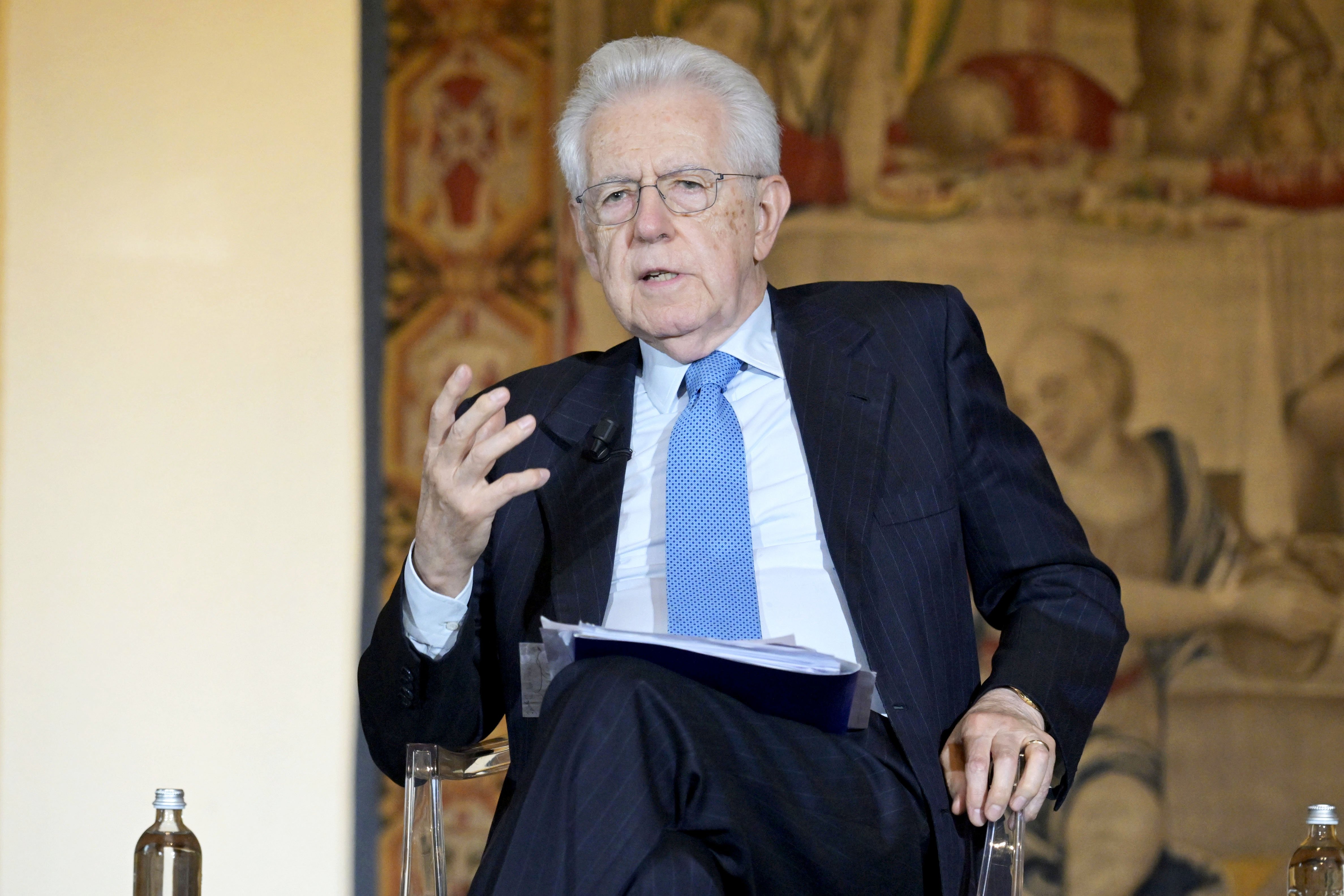Why We Need An Alliance of Liberal Democracies
Milan 1985: When Politics—and Italy—Propelled Europe Forward. What About Today? By Mario Mont

This contribution by Mario Monti was prepared for the debate held during the annual event of the Institute for European Policymaking at Bocconi University, which took place at the Castello Sforzesco on June 11, 2025.
Forty years ago, here at the Castello Sforzesco, a powerful act of political will enabled the most ambitious and concrete step in European integration. We have returned here to ask ourselves a fundamental question: what is the relationship between politics and European integration today?
What we do know is that integration has lost momentum. It sometimes even retreats, while the needs of the economy, society and defence demand that it advances far more decisively. Europe should be much further along if it is to bear the unexpected historical responsibility now placed on its shoulders: to keep alive the species of liberal democracies and the rule of law especially now that a political "climate change" of unprecedented intensity appears to be shaking their foundations in the United States.
Politics can build Europe—yet many politicians dismantle it for electoral gain
Even within the liberal democracies that make up the European Union—and we must acknowledge that not all member states can be fully defined as such—politics, especially as practiced at the national level, seems to have taken the European project hostage. Europe has become the perfect scapegoat: obedient, disinclined to respond in the voice of its institutions, more deferential than it should be to member states. It is too often blamed by national politicians unwilling to take responsibility before voters for misguided decisions, postponements, or knowingly self-serving policies that benefit electoral clienteles rather than the general interest.
In this venue — once the stage of such high-minded politics — it is natural to feel compelled to act: to make it harder and more politically costly for national leaders to abuse Europe. These abuses result in waning public support for the Union, paralysis in decision-making, and failures in implementing decisions once made.
These abuses can take various forms, but beyond outright falsehoods, hypocrisy is widespread. Sometimes the motivations may seem almost noble: to avoid mutual criticism, to protect one another to continue with business as usual, to escape the discomfort and cost of reform, or to shield vested interests that would lose out from change. Unfortunately, integration does not progress through complacency.
Even the European Commission, which is tasked with promoting integration and enforcing EU law, sometimes avoids confrontation. A few examples illustrate this:
- Policy recommendation reports are often rich in analysis of “what should be done” and why, yet notably weaker when it comes to explaining “why it has never been done” or why governments have failed to act.
- Enforcement activities by the Commission have become more politically cautious, undermining the rule of law.
- The public message “Europe, wake up” is misleading. Most of the blockages come from member states, yet public perception often blames the EU institutions.
- The concept of the single market—competition, the banning of golden shares—has been increasingly abandoned, with “national interest” becoming a fig leaf for a wide range of special interests.
- The European Council has evolved: from the Giscard d’Estaing-Schmidt tandem and the bold 1985 Milan summit to today's Council, we must ask whether it still protects integration from nationalism—or now allows nationalism to infiltrate the European building.
Unanimity: is it a value to be preserved or an obstacle to be overcome?
An Alliance of Liberal Democracies
This historic burden of responsibility demands that Europe refocus—on itself and on its position in the global order.
With the (hopefully temporary) repositioning of the United States under President Donald Trump toward a posture of instinctive sympathy for autocracies—including Vladimir Putin’s Russia—Europe finds itself in a profoundly uncomfortable position: simultaneously the target of explicit hostility and the bearer of values that, until just a few months ago, the United States broadly shared.
It would be only natural for certain European countries—particularly the European G7 members: the United Kingdom, France, Germany, and Italy, along with, if they so choose, the Presidents of the European Council and the European Commission—to join Canada, which currently holds the G7 presidency, in launching the idea of a network, however loose or informal, of an Alliance of Liberal Democracies.
Such an alliance would aim to foster the self-identification of countries—European and non-European alike—that share the characteristics of liberal democracies, and to encourage joint activities. Among these: promoting liberal democratic values among civil society and the wider public.
As for EU member states, not all may wish to self-declare as liberal democracies. Yet such a declaration would provide useful clarity, underlining that not all members are equally committed to the democratic ethos underpinning the Union.
Beyond its utility for EU and non-EU European countries, this Alliance could hold strong appeal for nations like Canada, Australia, New Zealand, and others—traditionally close to the United States but now harboring doubts about its trajectory.
Finally, the United States itself should be invited to view this initiative not as adversarial, but as an opportunity. It should have a clear and privileged path to participation—should it choose to return to a model it once adopted, inspired by Europe, and which it helped refine and spread so effectively throughout the West.
IEP@BU does not express opinions of its own. The opinions expressed in this publication are those of the authors. Any errors or omissions are the responsibility of the authors.
